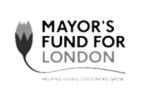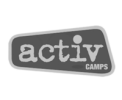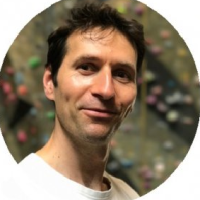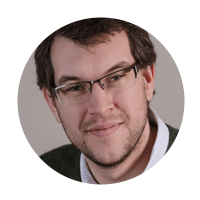Neuroscience for the Early Years Practitioner
Key Details
-
Price: £294
-
Course Length: 13 weeks
-
Guided Learning Hours: 78
-
Course Delivery: Online
This course provides an understanding of the recent advances in neuroscience and how this has enabled us to review and re-think some of our approaches to behaviour.
It is ideal for those already working with young children, who want to enhance their skills around behaviour management, with evidence-backed principles based on how the brain develops in those crucial early years.
The qualification comprises of 11 modules.
The expected time commitment is about 6 hours per week across 13 weeks, made up of guided self-study and producing assignments. However, students have 26 weeks from enrolment to complete.
There are no formal entry requirements, but students must have a good level of English, and experience of the Early Years is desirable. Work or industry placement experience is not required.
Course Structure
- What is neuroscience
- Key structures and functions of a neuron
- Synaptogenesis
- Synaptic pruning
- Overview of the brain and the key structures
- How the brain develops from inception through to birth and into the early years
- What is sleep and how much do we need
- Sleep architecture
- Why appropriate sleep is important in the developing child
- What is social cognition
- The mirror neuron system
- How this develops
- Understanding of self and co regulation
- The five domains
- Learning difficulties and disabilities
- How to help children with special needs to self-regulate
- What is stress and it’s impact
- What are the ten adverse childhood experiences
- How to support children with ACEs
- Review of the behaviourist approaches
- Relational approach to behaviour
- An introduction to emotion coaching
- How to implement emotion coaching
Further Details
Tuition fees for our Level 3 Neuroscience for the Early Years Practitioner are £294.
Spread the cost when you opt for our instalment plan – pay 6 monthly payments of only £49 per month, with zero interest added!
And if you pay the full fee up front, receive a £10 discount!
Each learner must create a portfolio of evidence generated from appropriate assessment tasks, which demonstrate achievement of all the learning outcomes associated with each unit. The assessment tasks will help the learner to respond to a real life situation that they may face when in employment.
Do you still have questions?









